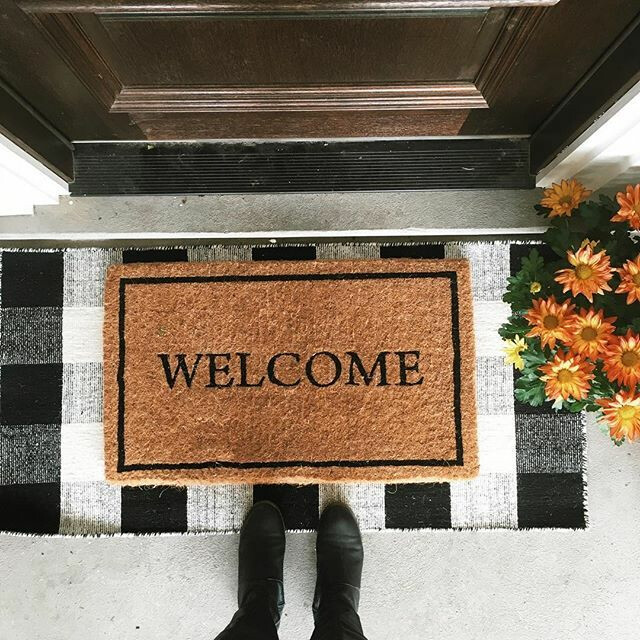
“A new commandment I give to you, that you love one another: just as I have loved you, you also are to love one another. By this all people will know that you are my disciples, if you have love for one another."
John 13.34-35
In seminary, one of my first assignments – and perhaps one of the most impactful assignments - was to review a book written by N.T. Wright. At the time, I had heard all about N.T. Wright. He was one of those “new perspective on Paul” guys from the early 2000’s. As the assignment was handed out, before I had even started reading his book, my thoughts immediately raced to areas I knew would be places of solid critiques. I was going to savor this paper and make it clear to the professor of my orthodoxy! As the class was ending, my professor concluded his purposes of the assignment with this: “In your paper, I don’t want you to tell me what’s wrong with Wright’s book, I already know what’s wrong. I want you to write on what’s right - what’s biblical and what areas we ought to agree with him.” In that last statement the work got much harder.
For weeks, I poured over Wright’s book, nuancing sentence after sentence. The assignment did not allow me to simply react to what struck me the wrong way, it forced me to think through my theology in much deeper ways and ask hard questions of my own biases and struggles. I could no longer keep Wright at a distance. I had to draw him near in order to process what he was saying.
The assignment reminded me of a DIY home renovation project. In any construction project, I love demolition day. I find it is easy to put holes in walls and pull down the structure (sometimes I do this when I’m not doing demo). Those of you who have done renovation know that it is far harder to renovate and restore. The construction process requires that you find the foundational walls of the building and distinguish between what is good support and what needs a complete overhaul. Our spiritual discernment is somewhat similar.
This month, I have been reading Rosaria Butterfield’s book, The Gospel Comes with a House Key. So far, there is much to commend about this book on grace-filled hospitality. It has been churning ideas of categorical hospitality for me. How do we love our neighbors, even when we disagree? Butterfield makes the point, “…one important way that we can be good neighbors is to help people carry the crosses they bear…by being good company in the bearing of its weight…by standing close and staying near.” This kind of love seeks out opportunities to build, rather than to tear down. Butterfield says, “Hospitality renders our houses hospitals and incubators.”
Much later, I asked my professor about the intent of his assignment, and his response was helpful. Part of loving our neighbor is not in crushing them, but in showing hospitality to those whom we would normally, and likely, disagree. To this end, Butterfield says more that is helpful, “Hospitality requires daily Bible reading, deep repentance, dark mornings in solitude, and daily willingness to forgive others whether or not they ask it.” The beginning of love for our neighbor is resting in God’s love for us!
~Pastor Bennett







